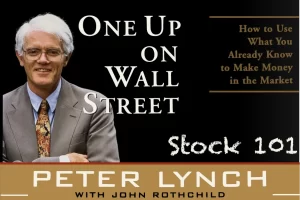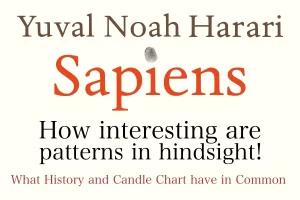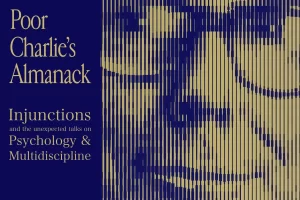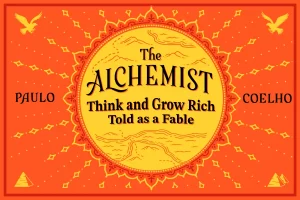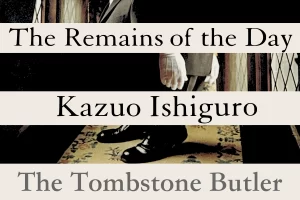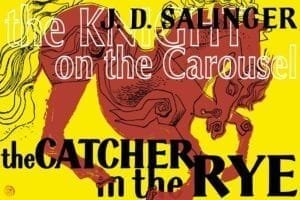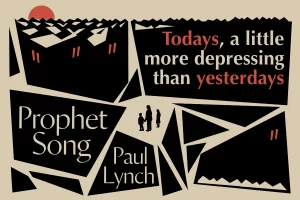Think and Grow Rich told as a Fable
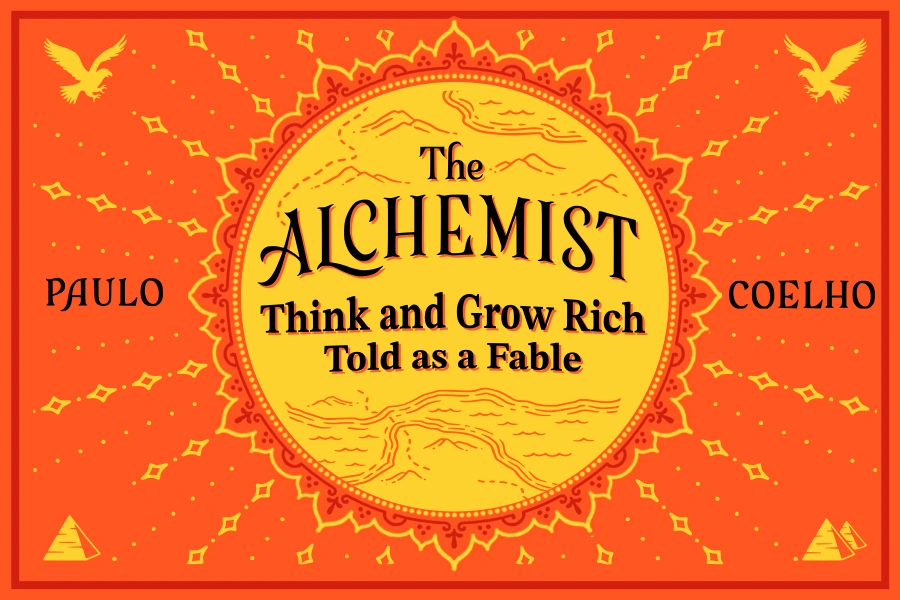
Under the barcode located on the back cover reads INTERNATIONAL $7.99. I got my hands on the international copy printed in 2006 for $3.49. The rims of each page were as yellow as the color chosen for the cover. I would be careful so as not to crease the spine, opening the book to the minimum required angle, through which, quite often I admit, I would stick my nose in and take a deep breath in. I inhale a library.
This is a terrible recommendation for the book. If anything I’m promoting second-hand copies of paperback classics. One sentence description that would have actual relevance to the content, I would say, is Think and Grow Rich told as a Fable. I thought the plot was curiously similar – although TAGR is a nonfiction self-help book, yes. The notion of “soul of the world” from the Alchemist oddly reminded me the concept of “ether” in the other book. Here’s a post about TAGR.
Recommendation for Readers
Written from scratch by Meston Ecoa
No assistance was received from any form of Artificial Intelligence.
No Spoiler Summary
contains no spoilers
The shepherd boy is a dream seeker. He became a shepherd although his parents wanted him to be a priest. He wanted to travel the world. His dream does not stop there. He has recurring dreams of treasure waiting for him in the Pyramids. He sets off on a journey. It is full of mishaps and calamities which test his perseverance in realizing his personal legend.
Some Information
• 188 pages, 42,000 words
• Vocabulary level: Easy
• Library of Congress Genres: Fables
• Library of Congress Subjects: Fiction, Literary, Body, Mind & Spirit, Spirituality, Inspiration & Personal Growth
• Goodreads Genres: Fiction, Classics, Fantasy, Philosophy, Novels, Spirituality, Self-help
• Year of publication: 1988
• Meston’s Rating: 3.0
One Paragraph Review
contains no spoilers
I have a feeling that the author, had in mind the moral and the ending from the start. Then, constructed the setting that could serve as a good stage for the moral to “naturally” come up. Although it didn’t seem all that natural to me. It’s the adult’s fable I would say. What’s the harm in that? The musician had a mind-blowing chorus in mind and built the rest around that central piece. It’s not like the first inspiration has to come in the form of the bass, or the chords, or the lyrics. But, I still couldn’t help but feel the story is a little contrived. Or maybe it’s just because this is a short story. Now that I think about it one of the key element why this seemed unnatural is because I witnessed little wavering from the boy. When the pages are limited, it’s harder to get into the nuances in emotion. In children’s fables, the fox could be happy, sad, mad, sorry, regretful, deceitful, but it couldn’t be torn between the weight of the universe, day-to-day responsibilities, and purpose of life.
Trying to read the author’s intent occurs in every read. But usually, I wouldn’t give too much damn. I’d be fine just fooling around in whichever stroke I feel like in the pool the writer created. I take away my takeaway. This piece was different. I felt obliged to ponder the meaning behind each instrument. The placement seemed intentional and they each took up a considerable weight in regards to the whole story (again because the book is quite short).
All in all I would say I am not too impressed with the book. I believe the value of any art is in the intricacies of selling. To deliver the moral of, say, “you have to be nice to others or else karma will come,” the statement alone doesn’t suffice because it doesn’t speak to the reader. Notions have to go through a layer of personalization to deliver a ring. This style of children’s fable, rife with symbolism wasn’t working for me.
Full Summary
contains spoilers
Santiago decided to be a shepherd. He wanted to travel the world instead of being a priest. He became one. He started having a dream, that there would be treasure waiting for him in the Pyramids. From Spain to Egypt would be a long way. He meets a gypsy who offers to interpret his dream in exchange for 10% of the treasure should he find it. The boy is disappointed as all she says is to go to Egypt. Subsequently he meets an old man who claims himself as the king of Salem. He also offers advice, but this time in exchange for 10% of his sheep. The boy is compelled, so he accepts. He also gives generic guidance – that he should go for his dreams and follow the omen when it presents itself. Santiago sells all his sheep and crosses the trait to Africa. On the first day, all his money is stolen. Following his dream would pose challenges. With no money to go forward nor back home, he is drawn to working for a crystal merchant. He devises clever ways to boost business, delivering considerable wealth both to him and his employer. Unlike his employer who only dream of visiting mecca, one day he would bring himself to quit his lucrative job and head towards the Pyramid. As Santiago had intuitively chosen his first occupation, he continues to make intuitive, dream-driven decisions to achieve his “personal legend”. He joins a pack of people to cross the desert as the crossing requires expertise. However, war in the region necessitates the crew to stay at an oasis without a clear date of departure. He finds the love of his life, Fatima in the oasis town. Santiago comes to believe that he will be happy spending the rest of life with her there. Fatima, on the other hand, urges him to continue his journey saying that he couldn’t be indefinitely content knowing that he gave up his dream mid-way. He agrees. His senses are heightened from the journey and one day from the sight of a bird attacking another, he somehow guesses that the party involved in the war will break the traditional rule of never assailing an oasis town. He was correct. Thanks to the boy the villagers were prepared for battle. He earns bountiful wealth in gratitude for his foresight. With the alchemist in town he continues the journey. He learns from him the way to the soul of the world. They, however, get captured and their lives are on the line. The alchemist claims that the boy can generate winds strong enough to blow army tents. Santiago is baffled. He does not know how. On the promised day, the boy talks to nature and soon enough strong winds would blow. The army men let them go. From here the boy is on his own. He is driven to dig a very specific location near the pyramid, however the treasure is not there. Soon he realizes that the treasure was indeed buried in the grounds of a church ruin on the path he would pass when he herd his sheep. He goes all the way back. He finds his treasure, gives 10% to the gypsy and goes back to find Fatima.


